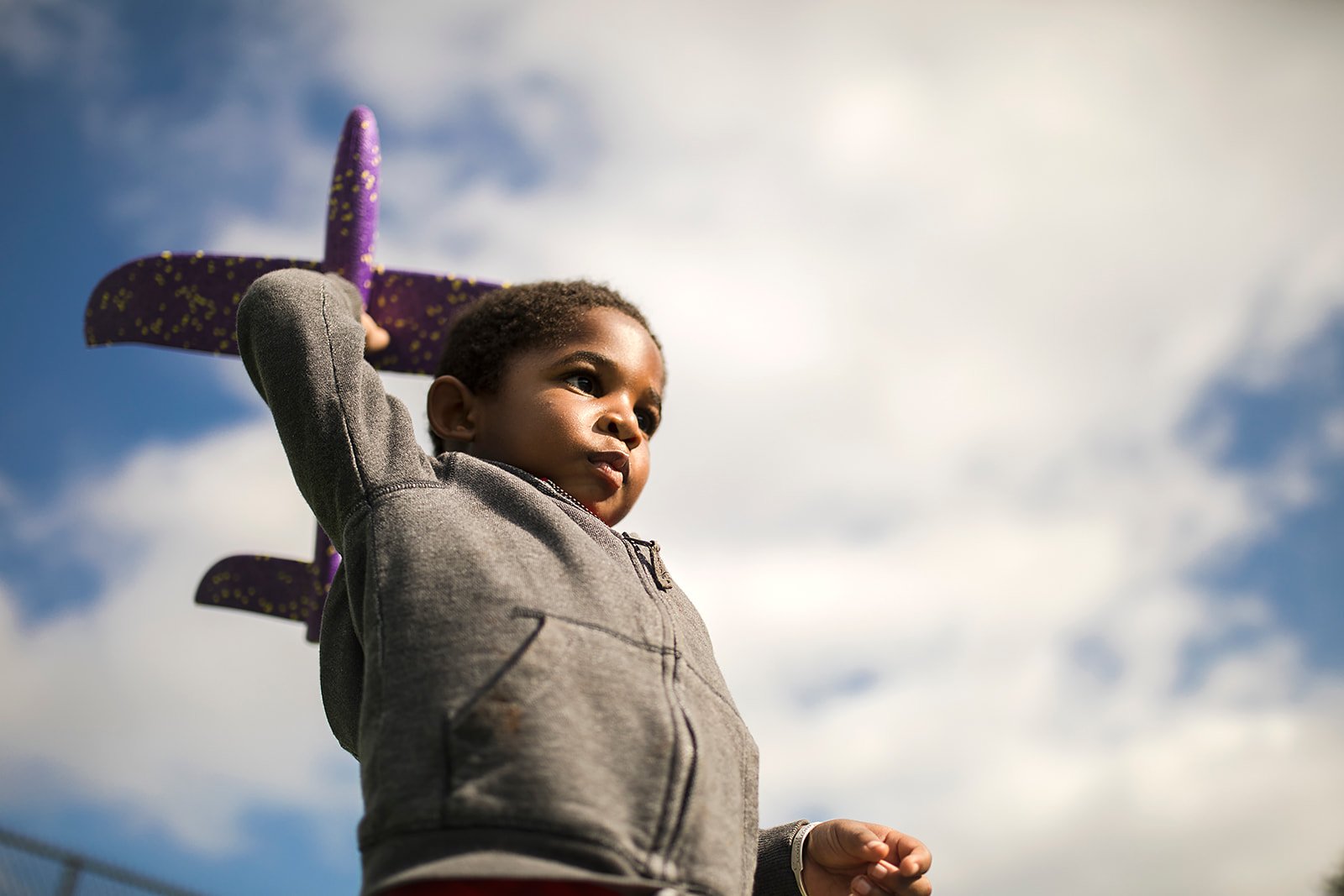“Learning to live with what you’ve been bestowed is not always comfortable. I can’t even count the number of uncomfortable moments that I had to navigate over the years, regarding various issues–my gender identity, my race, and my blood disorder.”

“I want to show young people, or anyone else, that heart disease is not the end of the road. It’s not the end of your life.” Bouba was born in Senegal, grew up in Mali, and then went on to study engineering in South Africa. It was there that he met Desirée, now his wife and mother to their three rambunctious sons. It was also in South Africa that Bouba was first diagnosed with dilated cardiomyopathy (DCM), a rare genetic condition that affects cardiac muscle tissue.
“To the Pompe community and my Pompe friends, I say, do not give up. Don't give in.”
“I just want people to cure this disease. Many children suffer because of it. We are living, trying to stay positive, but It has been difficult since Elvis' death.” —Miguel
“When I make decisions, I have to think about things differently. Am I going to get hurt or not?”
Meditative and introspective, Mallory has spent ample time reflecting on the turns her life has taken. At the cusp of a new decade, entering her 30s, she has both reached and surpassed many milestones that, as a young person living with DMD, were not ever taken for granted. “Living with DMD puts you in front of your own mortality.”
Milton takes it one day at a time, counting his small victories when he can. This determination rises from his desire to get back to living. “I would love to take my grandson to a museum. I would love to drive a Mustang. I would love to just drive to places I love. Just live my life. That’s my desire.”
Leslie has seen her life transform in ways she could’ve never imagined. “I’ve learned over the years—a lot of what I do to manage my health works. There’s no way I’m going to stop the progression, but I’ve proven to myself that I can mitigate some of the symptoms through diet, exercise, and attitude.”
“I want this disease to be spoken about in the past tense. That’s what I want for everybody else—for this disease to be a distant memory.”